By Darren Johnson
Campus News
Rockland Community College English professor Shamika Mitchell has become a Comic-Con staple, especially at the prestigious San Diego one, where most recently she was the co-creator of a San Diego Comic-Con Museum event featuring Alitha E. Martinez, a comic book artist best known for her work for Marvel Comics’s Iron Man and DC’s Batgirl.
Mitchell started teaching in 1999, as a master’s student at Seton Hall University, and later as an adjunct taught composition courses for Pace and RCC until the latter college enticed her into a full-time tenure-track role in 2007, just as she was landing her doctorate at Temple University. She was granted tenure in 2012.
While at Seton Hall, one of the first literature anthology books she was asked to teach from actually had some comics in it, and a light bulb went off. Previous anthologies she’d seen only had the typical poetry and prose — but here was something different.
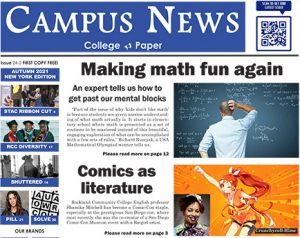
“That was very critical for me, because the signal that was set before was if there are no comics in your literature anthology, then you must not view comics as part of the literary family. Therefore, for me to bring comics in, I’d be transgressing or violating some code,” she said, adding that there still is some tension among English academics concerning those who use comics as literature. But she has seen good results interspersing comics with more accepted forms of literature in reaching students.
Eventually, she’d like to have a whole literature course devoted to comics. “Hopefully we will have it on the books in another year or two. We’re kind of holding off while we are in this remote phase still.”
And what are comics, exactly? Mitchell said they range from political cartoons and gag strips — you know, the kinds you see in newspapers like this one — to comic books of all sorts to manga and anime.
“There’s a lot of richness in comic studies,” Mitchell said. “It isn’t all people in Spandex with super powers, but that is a part of it.”
So how do her students react when they see these various comics — many forms a college student may not have encountered before?
Mitchell agreed that most had not encountered many newspaper comics before, and some only know the big two comic companies — DC and Marvel. But a majority do understand Asian art forms.
“When it comes to manga or anime, many of my students are tuned in to Funimation and Crunchyroll,” she said, noting that the current debate is whether the genre is better with “subs or dubs” (subtitles vs. voiceovers). “They’re already reading ‘Sailor Moon,’ or they’re loving ‘Attack on Titan.’ I think what Japan has captured in terms of global phenomenon is the pop culture of cosplay, manga and anime — they’re pretty much in sync with each other, so students are more comfortable with that.”
Mitchell sees the role of the English professor changing, and it’s up to the instructor to understand the language of students.
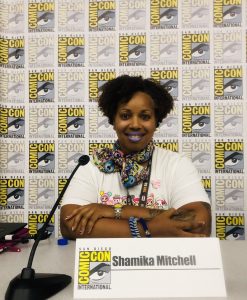
“We have to do better at finding alternative methods for conveying the same information. So, for example, you can be a Shakespeare specialist but Manga Shakespeare is huge. If you want to get your students to read and know any of Shakespeare’s plays, put them in a comic book and guess what? They’re reading them. They’re still telling the same story, it’s just not in the same structure now.
“If the goal is to get people to understand what 16th century English looks like, well, that’s a different story, but I usually don’t fight with students. I say if you want to read the Manga Shakespeare or you want to read the traditional or watch the film, I’m fine. We all should be able to draw the same conclusions about characterization, about the usage of irony, the use of setting the stage. We should still be able to all have that conversation.”
Mitchell also is a practitioner, working with comic artists as a writer. For students who want to break into that industry, she advises:
“Fandom knows no bounds, and there is room for everyone. For planning panels and programs, it’s important to know your field of interest. Be prepared for rejections but keep applying-and create opportunities for yourself! Don’t wait for approval from others to pursue the projects you are most passionate about.”
But you will need to be disciplined: “If you are talented, but are always late with deadlines, you will lose opportunities-especially if you are from a marginalized or underrepresented population. But no matter what is going on in your world, keep creating! Your work speaks for itself.”



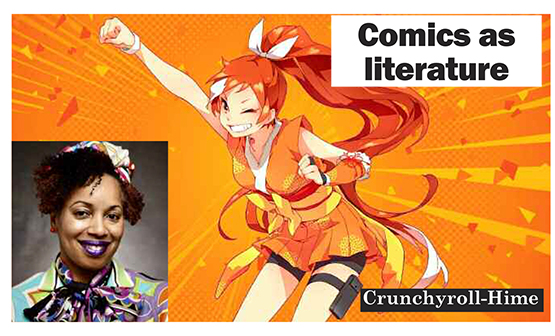

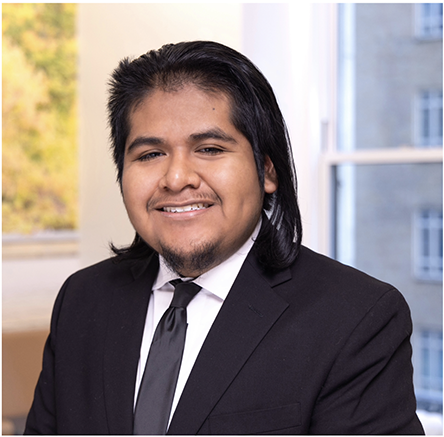
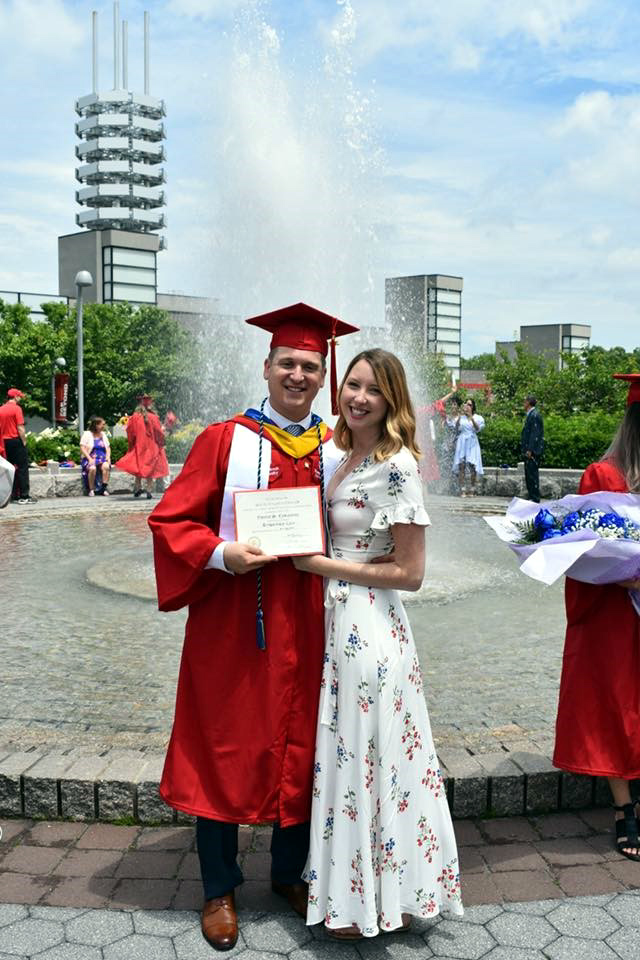

Facebook Comments